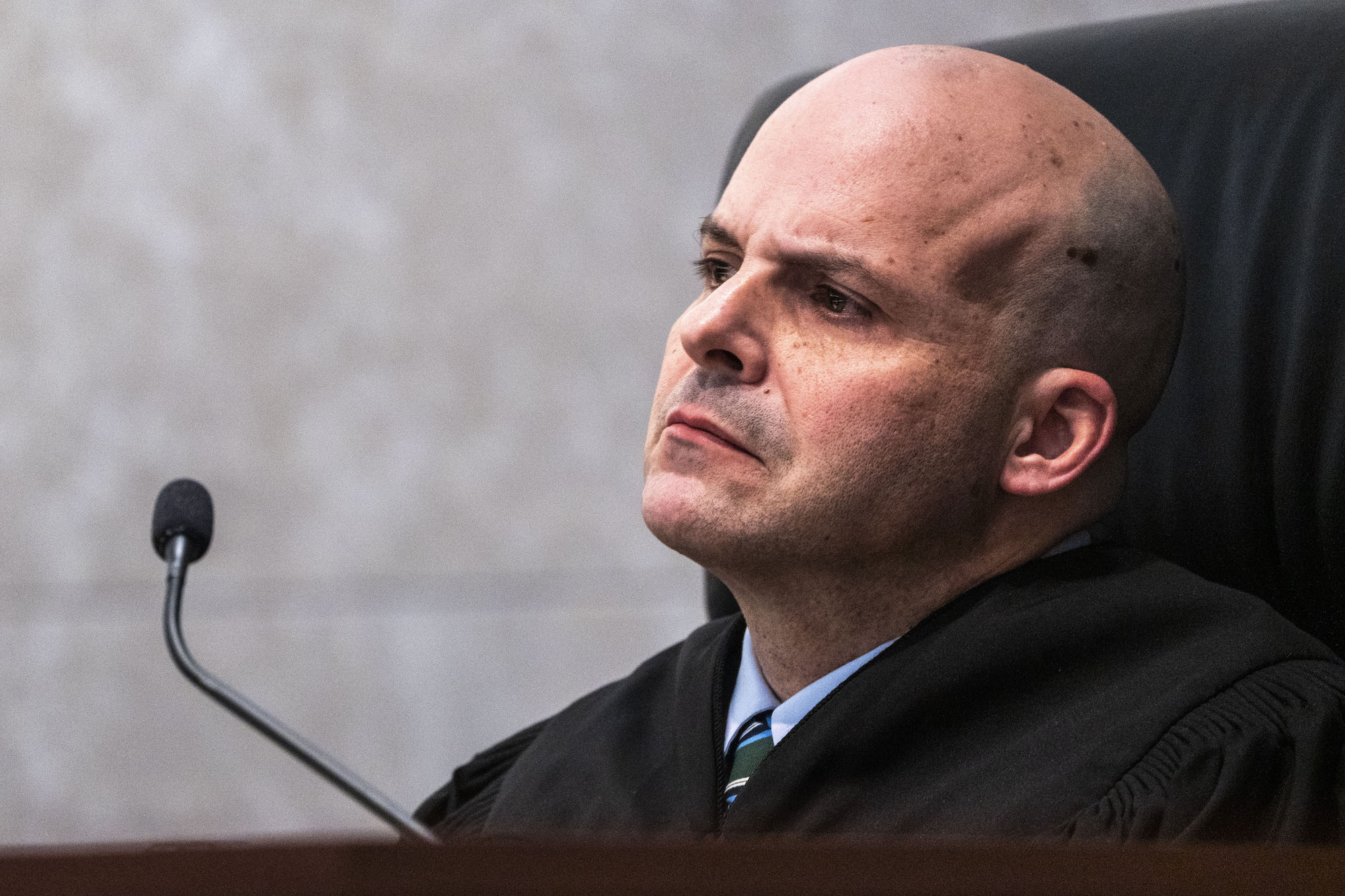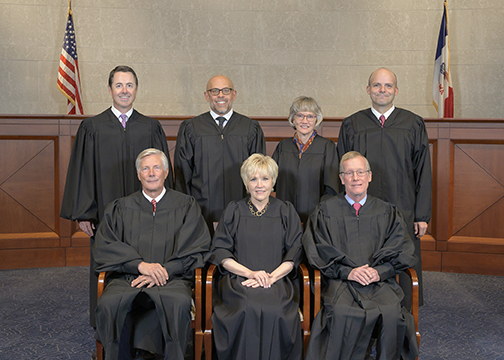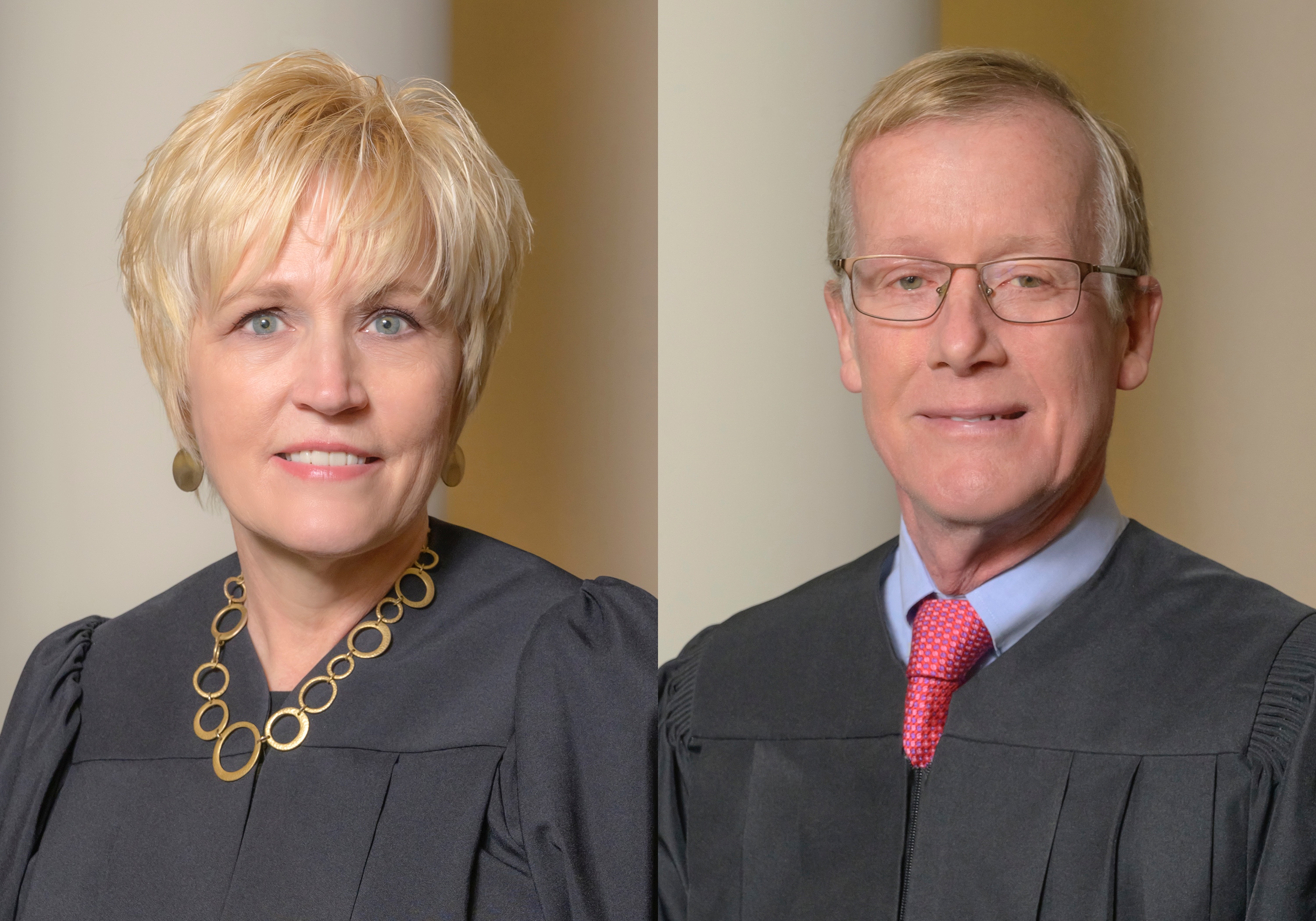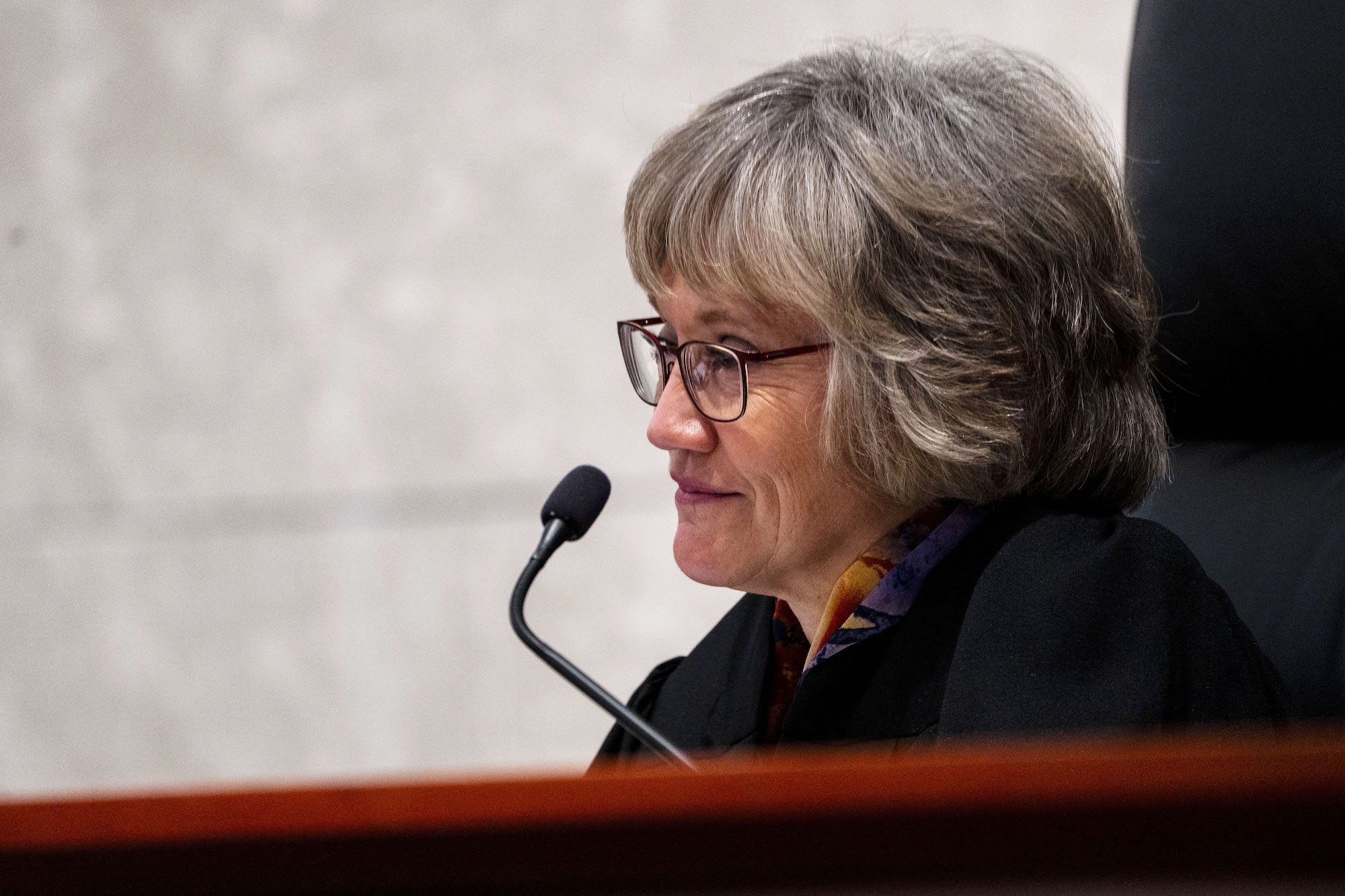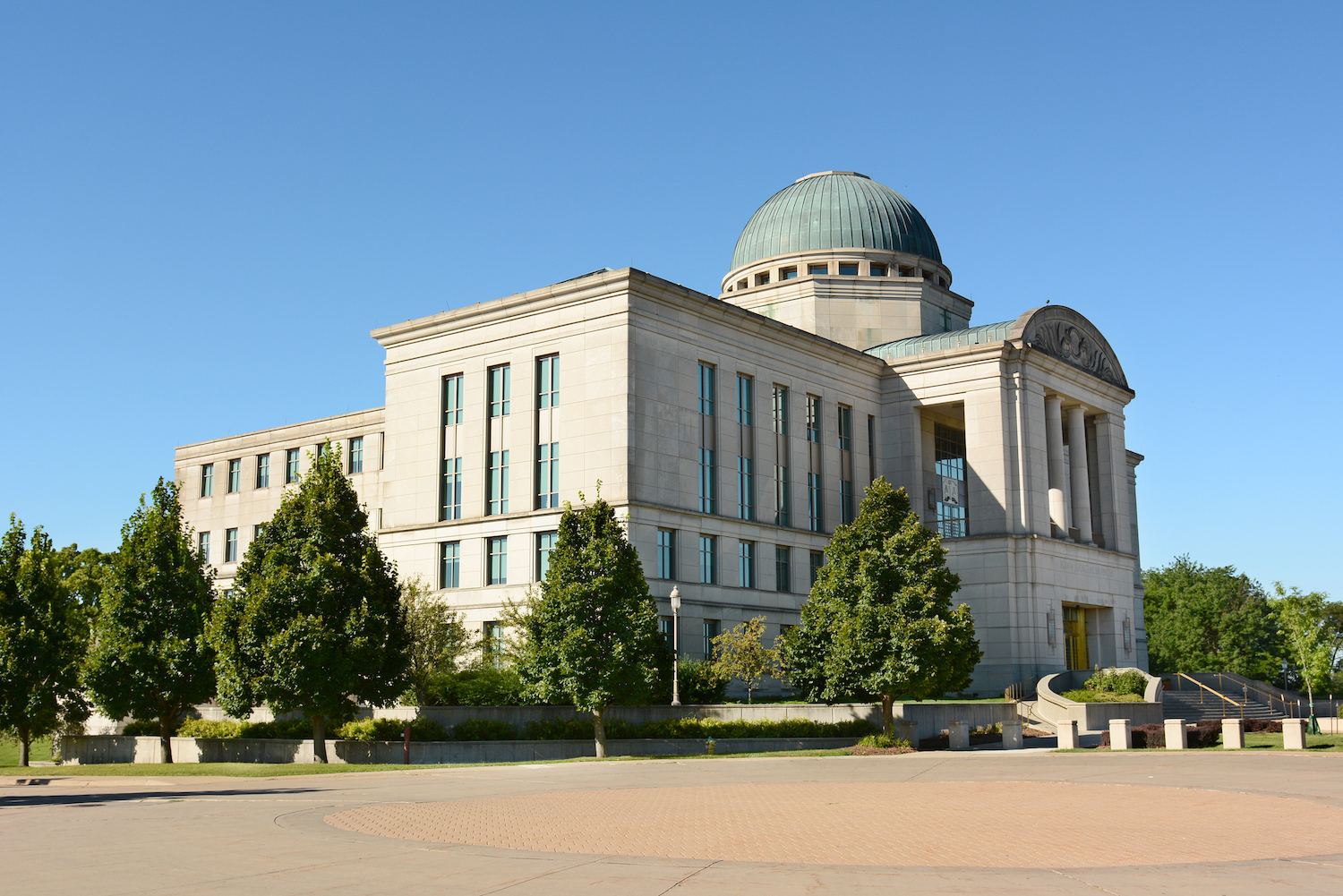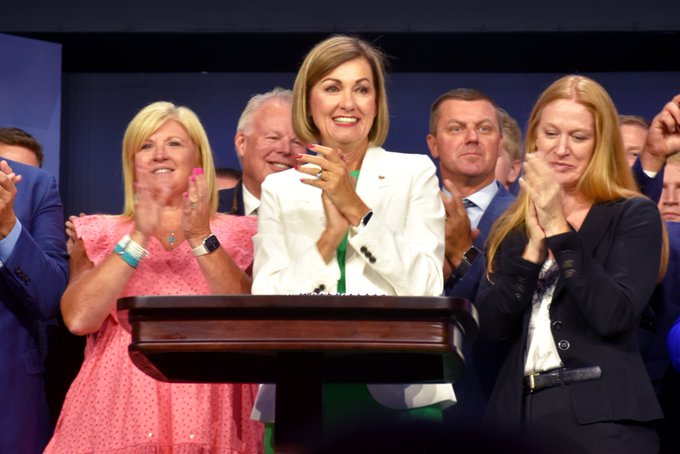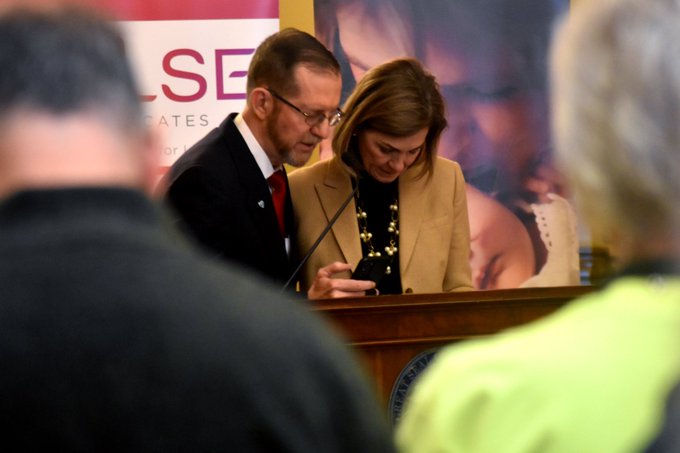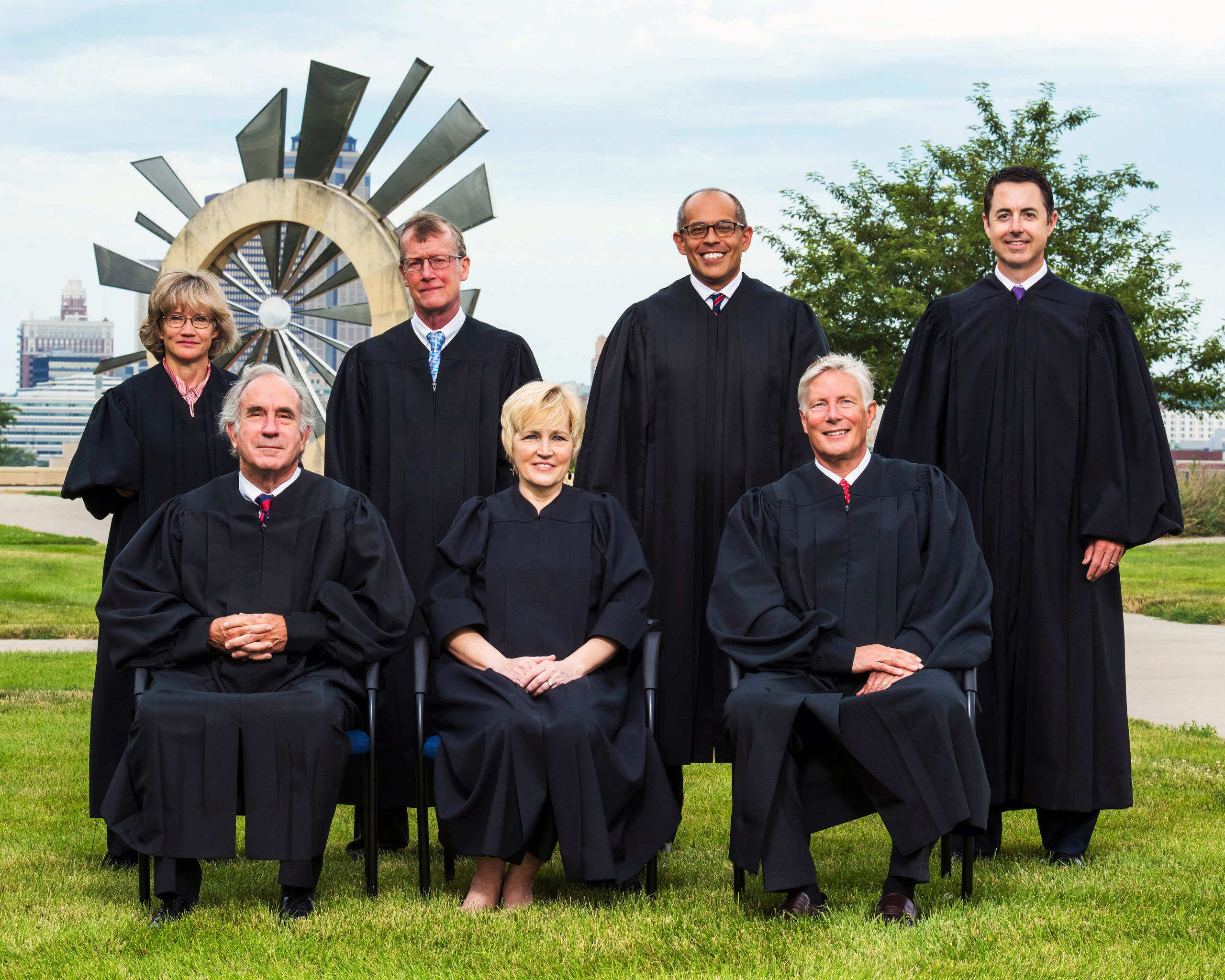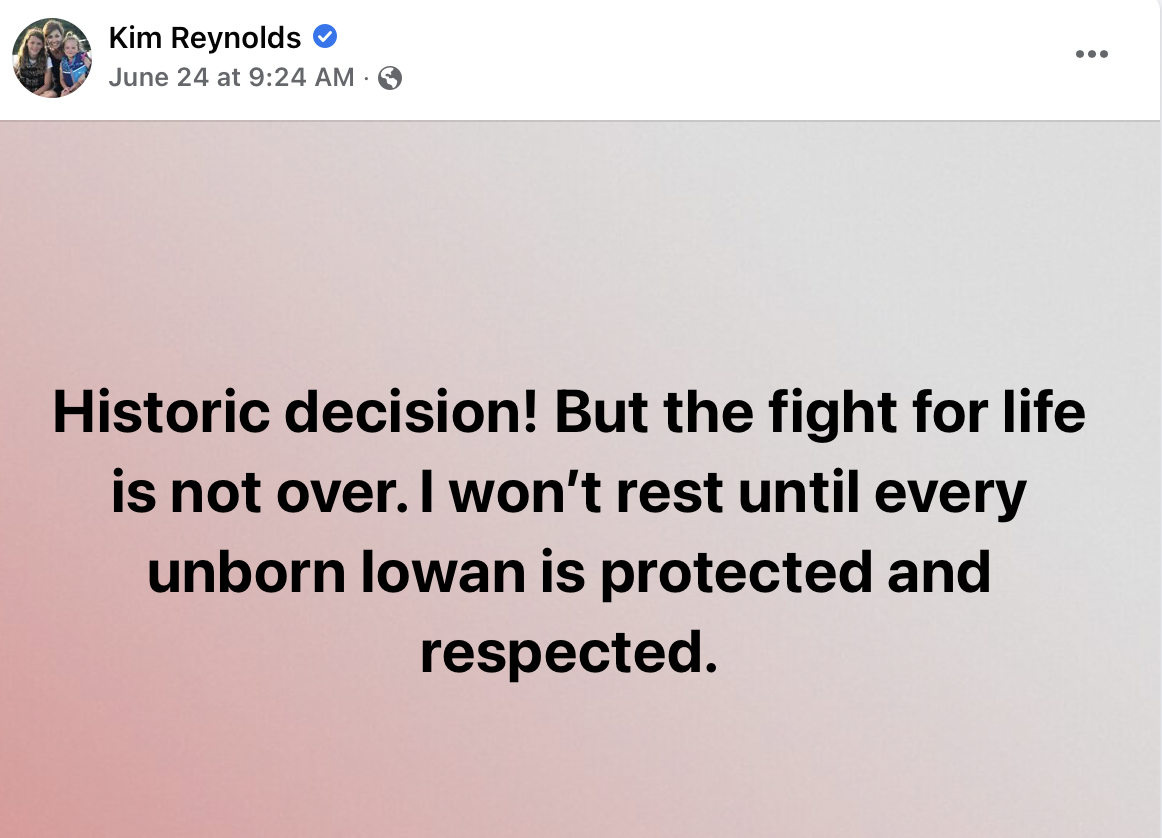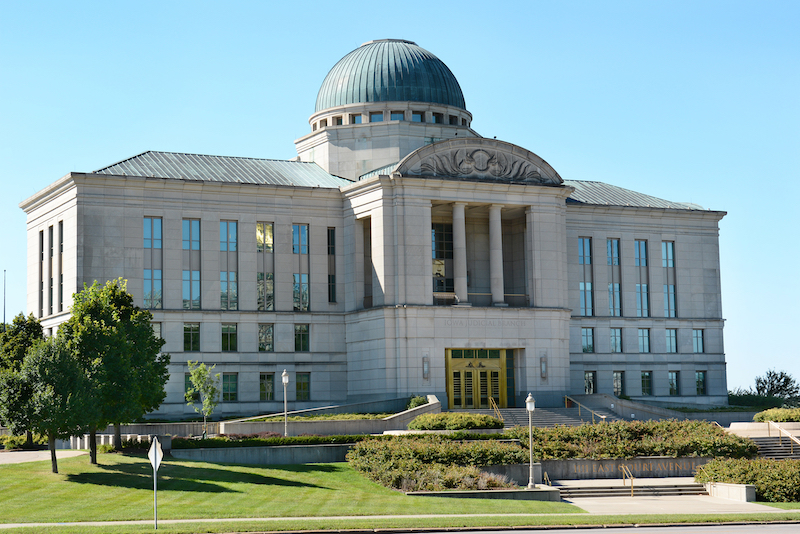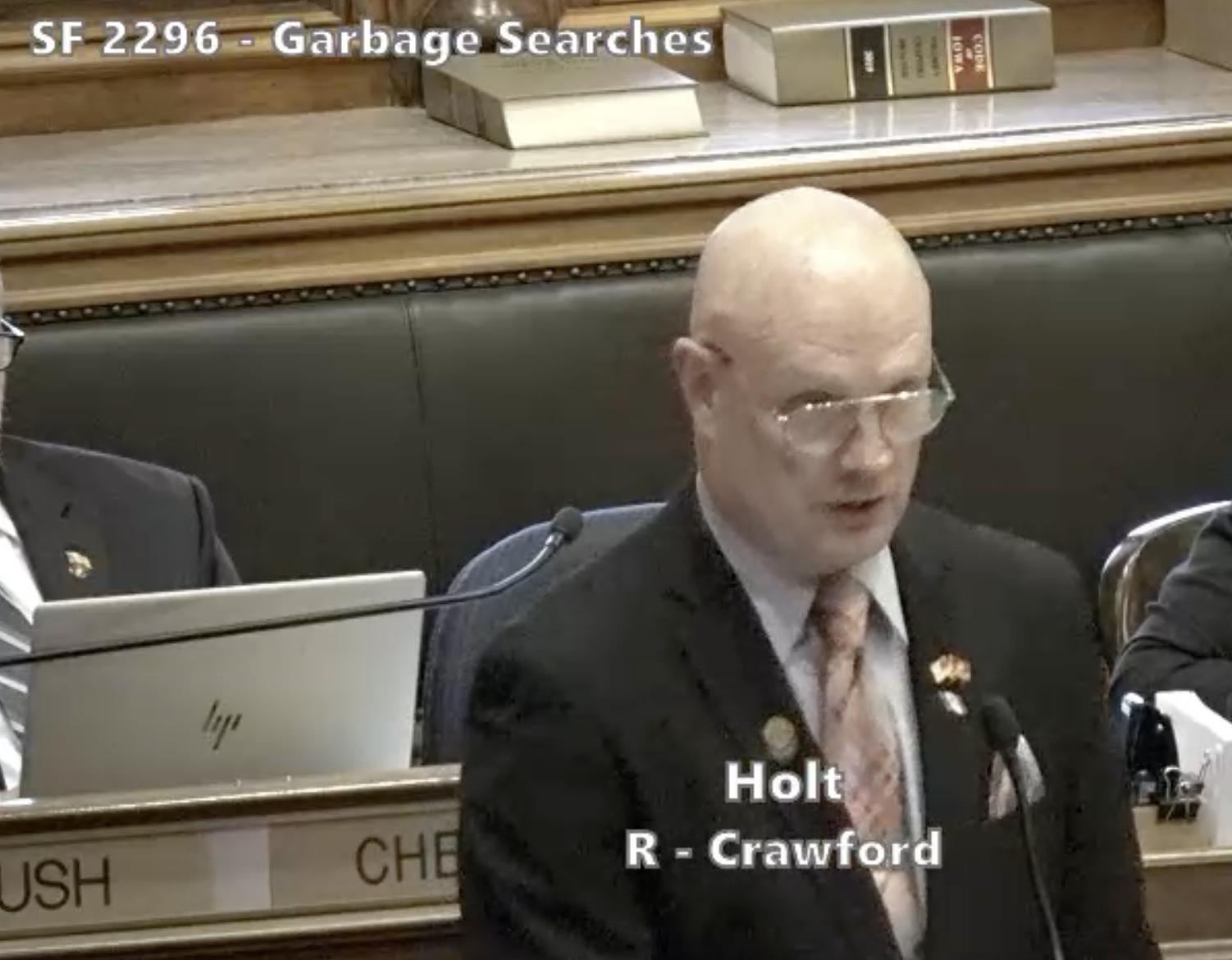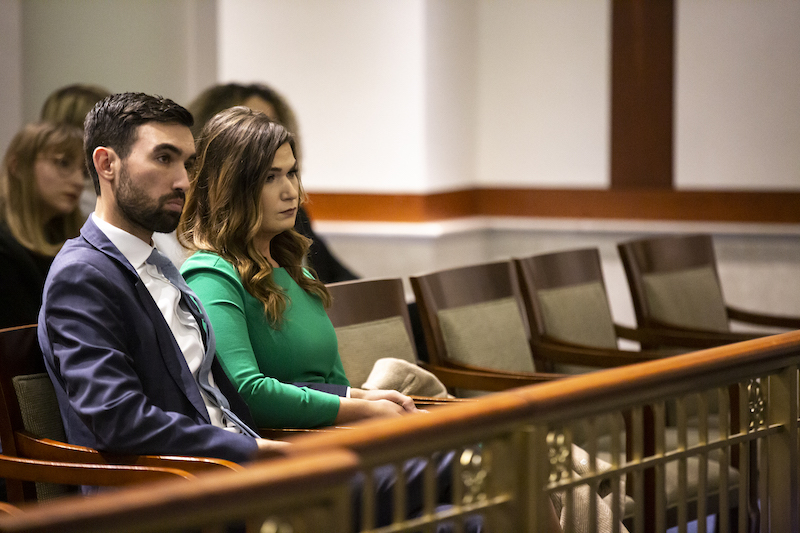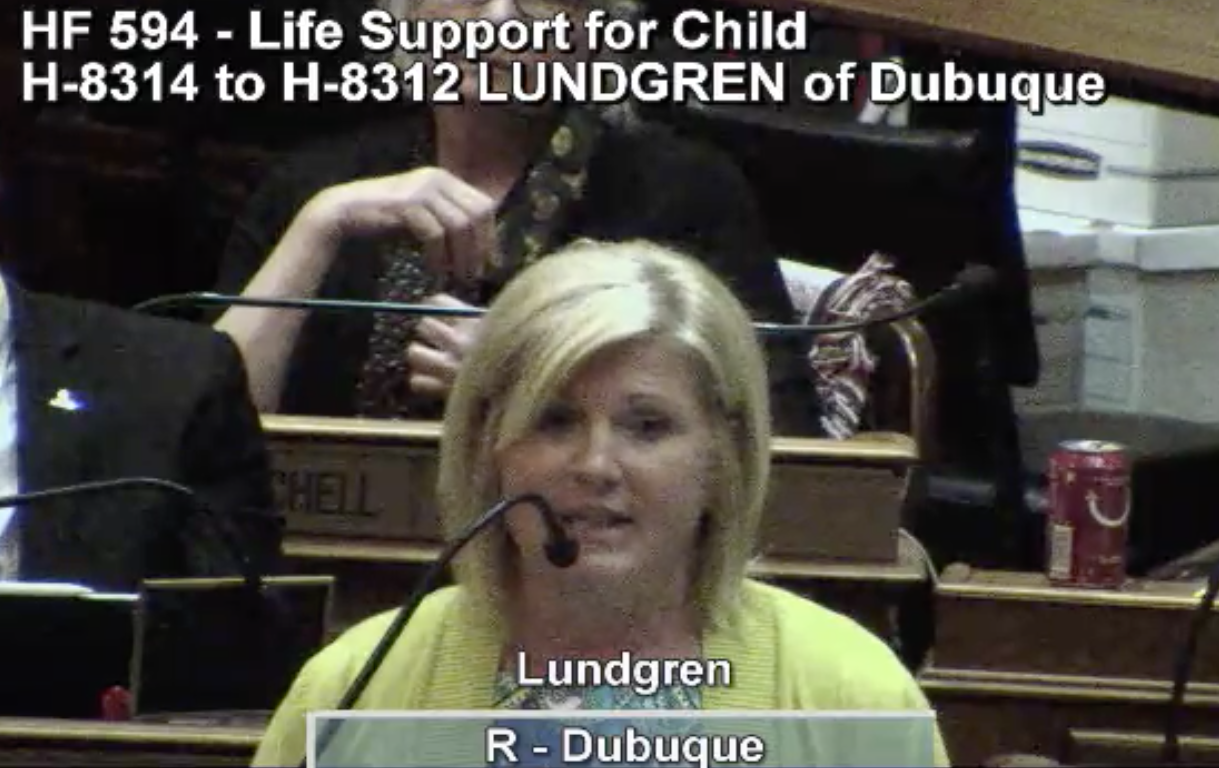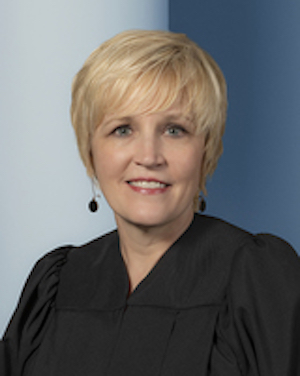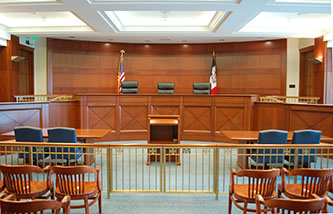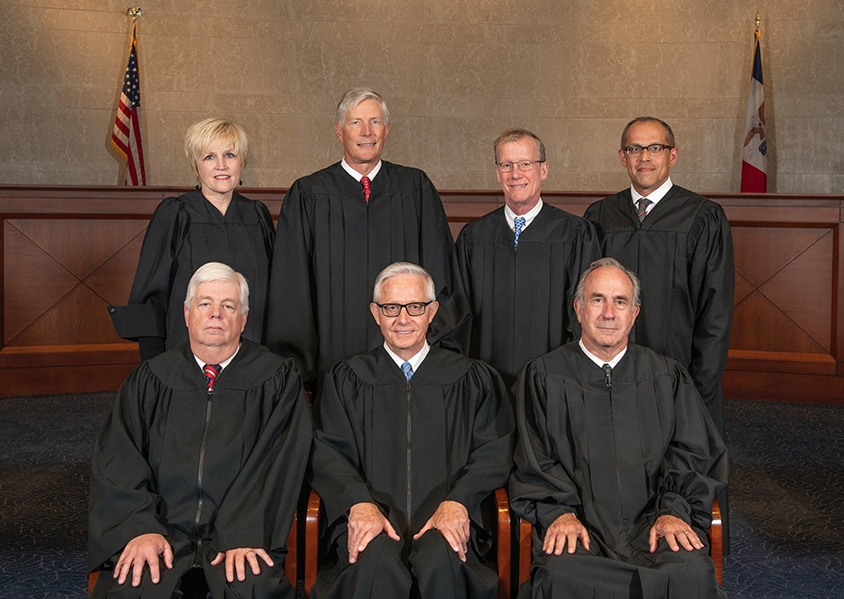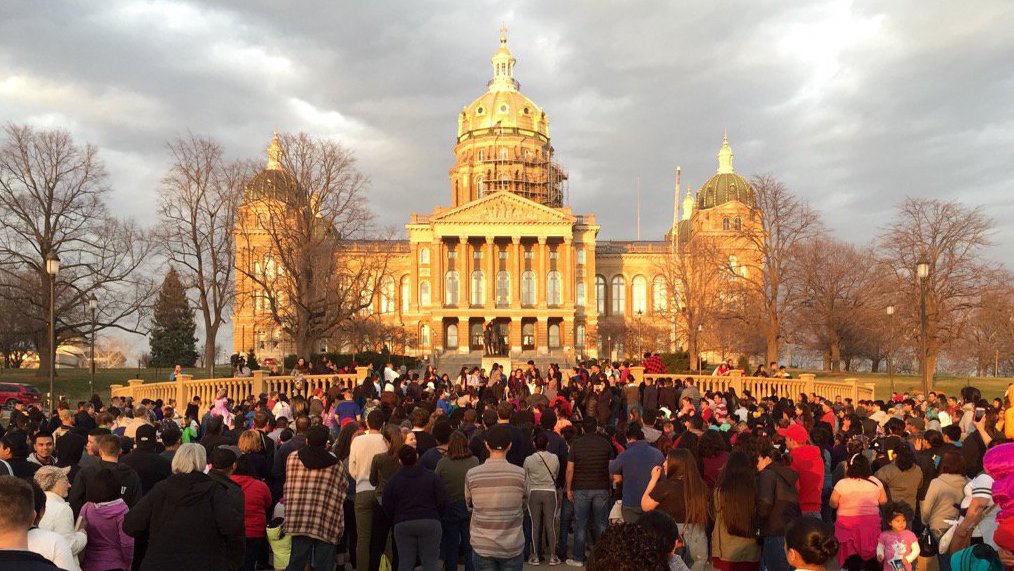Voters will decide in November whether to let Iowa Supreme Court Justice David May serve in that role for another eight years.
Justice May is heavily favored to keep his job. There is no organized statewide campaign against him, comparable to the well-funded efforts to oust Iowa Supreme Court justices in 2010 and 2012. His two colleagues who were up for retention in 2022 each received about 67 percent “yes” votes.
However, many reproductive rights advocates have circulated emails or social media posts calling on Iowans to vote against the newest justice, because in June he joined the 4-3 majority opinion that allowed the state to enforce a near-total abortion ban. Abortion is a more salient issue in this year’s election than it was two years ago.
It can be difficult for voters to find detailed information about the judges on the ballot. This post provides context on how Justice May has approached Iowa Supreme Court cases in several areas of the law. Bleeding Heartland previously covered the highest- and lowest-rated Iowa Court of Appeals and District Court judges who are up for retention this year.
If Justice May receives more “no” than “yes” votes—as happened with three Iowa Supreme Court justices in 2010—his tenure on the court will end in December. The State Judicial Nominating Commission would interview candidates for the vacancy and send three finalists to Governor Kim Reynolds for her consideration. Notably, nine of the seventeen commission members are themselves Reynolds appointees, so conservatives would likely end up on the short list of Supreme Court nominees.
Continue Reading...
